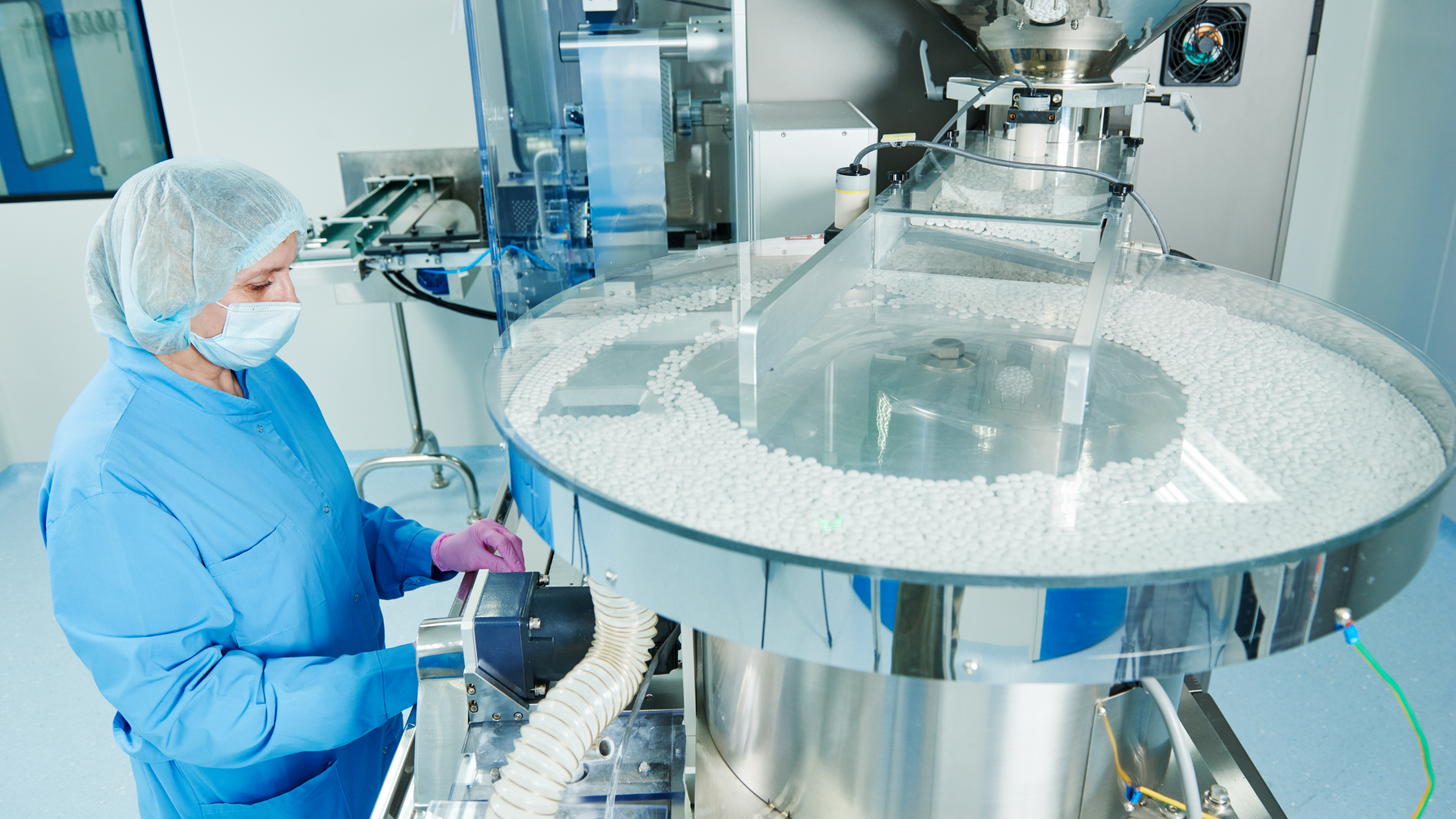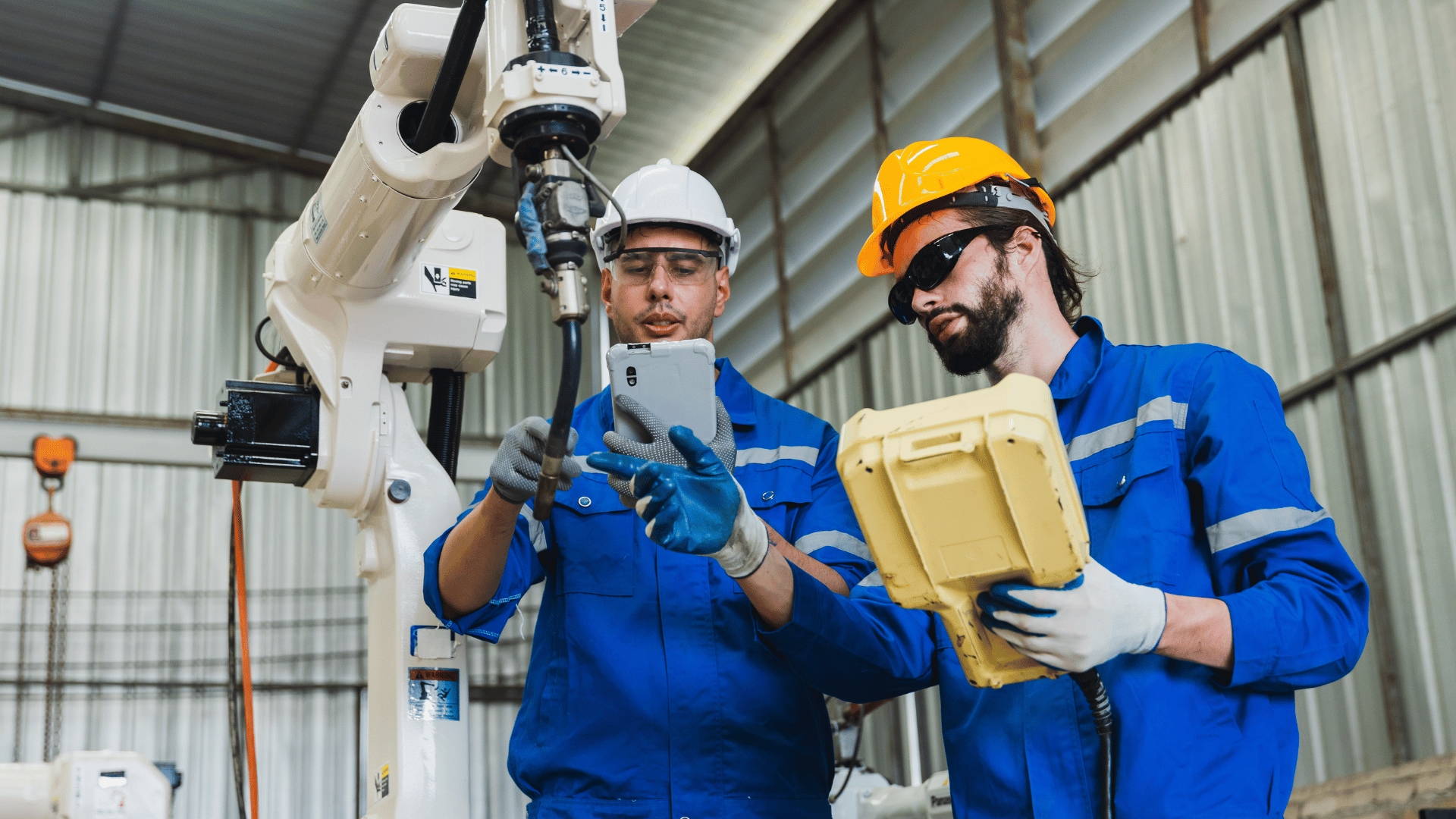Tired of Dosing Mistakes in Your Pharmaceutical Plant? Call Intelligent Automation to the Rescue!
Precision and risks.
What do they mean to you?
For abstract painters, both are probably the dreadful qualities blocking their next master piece.
But if you are in the pharmaceutical industry, the paradigm shifts 180°.
You want them under your control at all times, so you can score maximum precision with minimum risks in your production line.
Being an automation consultant who supports your sector, I’ve witnessed how transformative intelligent automation is for pharmaceutical facilities. Plant engineers and plant managers use it to stop deviations, bolster safety protocols, and strengthen risk management without hassle.
In this blog, I offer you practical ideas on how to get started with intelligent automation to overcome risks and accuracy challenges in key processes like dosing.
Let’s begin!
The virtues of intelligent automation for engineers in pharmaceuticals
As an engineer in pharmaceutical manufacturing:
Your top priority is preserving the integrity of the drug production process.
Your primary concern is sparing serious risks to the product and the patients who rely on the medications being produced.
Despite the titanic effort and extra care put into every stage, trouble usually finds a way out.
Mistakes in compound handling or dosage occur.
Contamination due to inadequate hygiene standards or unauthorized personnel accessing your manufacturing area happens.
When my clients faced similar situations, they resorted to:
Limiting the margin of error.
Enhancing effective risk management.
Increasing safety.
Intelligent automation was the functional and affordable solution they picked to move forward. It offered them the right resources to raise precision and mitigate risks with consistency, from R&D to the supply chain.
Developing quality formulas with smart automation: where to start?
Stringent regulatory requirements, precise dosing, and exact manufacturing procedures plague your production facility. The stakes are high, and you must deliver.
Here’s how plugging intelligent automation into your core processes helps you develop the quality formulas you aim for:
Precision dosing and manufacturing. Automation systems offer unparalleled accuracy in measuring and dispensing ingredients, reducing the risk of errors and inconsistencies in the final product.
Robotics and AI are ideal solutions to boost precision and speed at once during composing, dosing, and filling.
3D printing is available to tailor drugs for specific uses.
You can also opt for simpler solutions with a large impact on dosing, mixing, and storing. For instance, transforming your HVAC into an auto-adjutable advanced system. That switch will keep your process in stable and optimal conditions even amid the slightest changes in temperature and humidity.
Quality control and monitoring. Robust quality control measures are a must for your production process. Real-time monitoring and analysis will allow you to detect deviations from the required standards at an early stage. Thus minimizing the risk of defective or unsafe products reaching the market.
Real-time Raman spectroscopy instruments offer you means for assessing the quality of finished medicines.
IoT devices are also a terrific match for this purpose. They’ll help you:
-Control the drug manufacturing environment (temperature, humidity, light, etc.),
-Engage in equipment preventive maintenance (pumps, filters, pH probes, etc.),
-And have a more transparent process thanks to auditable trails.
Safety compliance. Regulatory compliance is a non-negotiable aspect of pharmaceutical manufacturing. Adhering to the strict safety and quality standards set forth by regulatory bodies is essential to having clean and sterilized systems, maintaining aseptic conditions, and preventing cross-contamination.
Intelligent automation solutions such as AI, ML, and Gen AI are excellent choices for this purpose.
Risk mitigation. Intelligent automation is useful for identifying potential risks before they escalate into serious problems. By proactively addressing issues such as maintenance needs and equipment malfunctions, your pharmaceutical facilities minimize downtime and operational disruptions.
Among the leading automation technologies you can onboard for effective risk mitigation are:
-AI and ML models for defect identification and analysis that save costs, reduce errors, and speed up a solution.
-Six stages of automation related to pharmacovigilance.
-RPA (robotic process automation) to reduce errors, enhance governance, and augment quality control.
You will approach your operations like a true superhero once your plant is a precise, risk-free machine.
Getting ready to launch an automation project? Book a partner to trust
Every superhero must first learn the full set of tricks hidden under their new identity.
My company, Verdusco Automation, has expertise in this arena. We can help you unlock your superpowers by transforming your pharmaceutical facilities with intelligent automation.
Feel free to contact me here for support. It’ll be a pleasure to design a custom automation plan for you and see it through, capitalized under your capable hands.
Thank you for reading.
I’m Raul Verdusco
CEO of Verdusco Automation.




